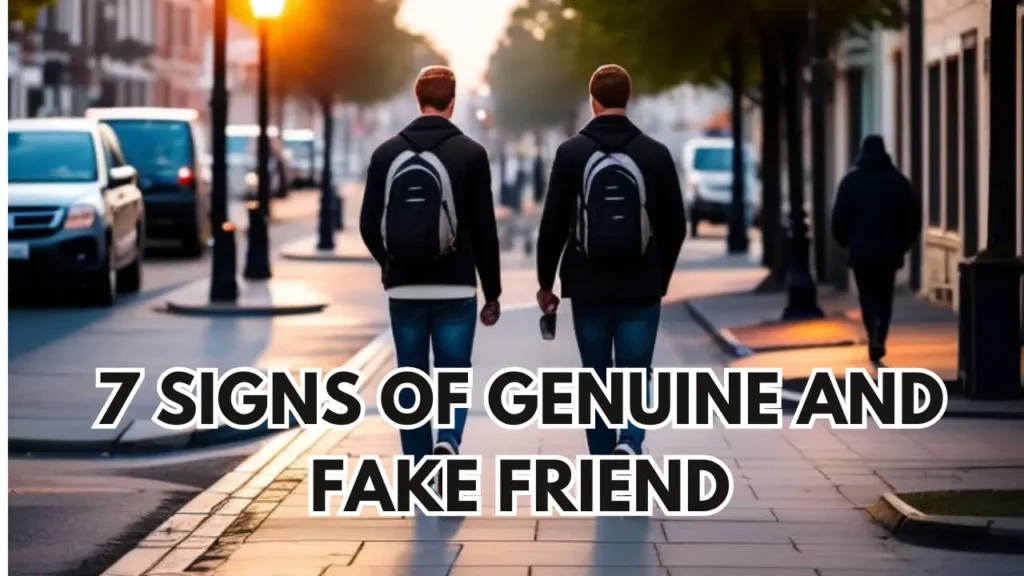Understanding the value of good friends is crucial. Having even a few genuine friends can significantly ease your life, as you know you have people you can trust.
This sentiment has been acknowledged by some of the greatest thinkers of all time, including Aristotle, who equated being a good friend with being a good person. However, what if your friends aren’t good people? Fake friends can be toxic, harming your mental health.
If your friends engage in constant gossip, break promises, or exhibit other easily overlooked behaviors, they may not be worth keeping around.
1. They Talk About You Behind Your Back
How do you discuss your friends when they’re not present? Genuine friends focus on strengths, shared fun experiences, and recent events in their friends’ lives.
They wouldn’t divulge struggles and vices to strangers. Gossiping is a clear indicator of fake friends. Scientifically, gossiping has been shown to be extremely detrimental to mental health.
A paper from Frontiers in Psychology reveals that gossiping can ruin an individual’s self-esteem and reputation. If your friends talk about you behind your back, it might be time to seek new friends.
2. They Always Try to One-up You
When you share your achievements with your friends, how do they respond? True friends celebrate your successes, genuinely wanting to see you thrive.
Fake friends, on the other hand, don’t want you to succeed. In many cases, they keep you around to elevate their own self-worth. Your success may threaten them, as they perceive themselves as superior.
Such behavior aligns with covert narcissism, according to the DSM-5. If your friends exhibit these traits, they may not be true friends, only keeping you around to boost their self-esteem.

3. They Don’t Keep Their Promises
For genuine friends, their word is their bond. When you ask for help, they usually follow through. However, fake friends treat their word as more of a suggestion than a promise.
Research on broken promises indicates that those who break promises are more likely to exhibit traits associated with low conscientiousness.
While everyone has forgetful moments, fake friends demonstrate the worst trait of low conscientiousness—carelessness. The issue with fake friends lies in their lack of concern for the relationship.
4. They Don’t Listen to You
Good friends should listen to each other. Besides common decency, there’s evidence that being listened to has many positive effects.
According to a study from the Harvard Business Review, public speakers who knew they were being listened to felt more confident and spoke more clearly.
While fake friends may appear to be listening, they’re actually waiting for their chance to speak. This behavior stems from the fact that, unlike true friends, they don’t value your opinions or experiences.
If talking to someone feels like talking to a brick wall, they’re not a good listener and may very well be a fake friend.
5. You’re an Emotional Punching Bag
This point builds off the previous one. Fake friends won’t listen to you, but they expect you to listen to them. While real friends will seek your support from time to time and are more than willing to return the favor, this is not the case with fake friends.
Listening to someone’s problems can be healthy, and there’s evidence that it improves the happiness of the person listening. However, when you’re constantly burdened with a fake friend’s problems, you may start to experience compassion fatigue.
Compassion fatigue is caused by caring too much and can lead to a lower mood and less energy. If you find yourself worn down because a friend keeps dumping their problems on you, they may not have your best interests at heart.
6. They Have a History of Broken Friendships
As the philosopher Jean Bodin states, the study of history is the beginning of wisdom. Does one of your friends always mention how their relationships never work out?
Do they seem to leave a trail of broken hearts wherever they go? While relationships can end for various reasons, if your friend avoids discussing why their previous friendships ended, that’s not a good sign. It’s possible they are at fault for those friendships ending and don’t want you to know.

